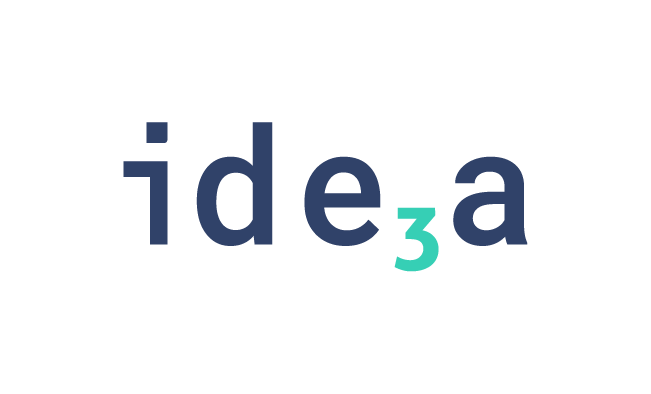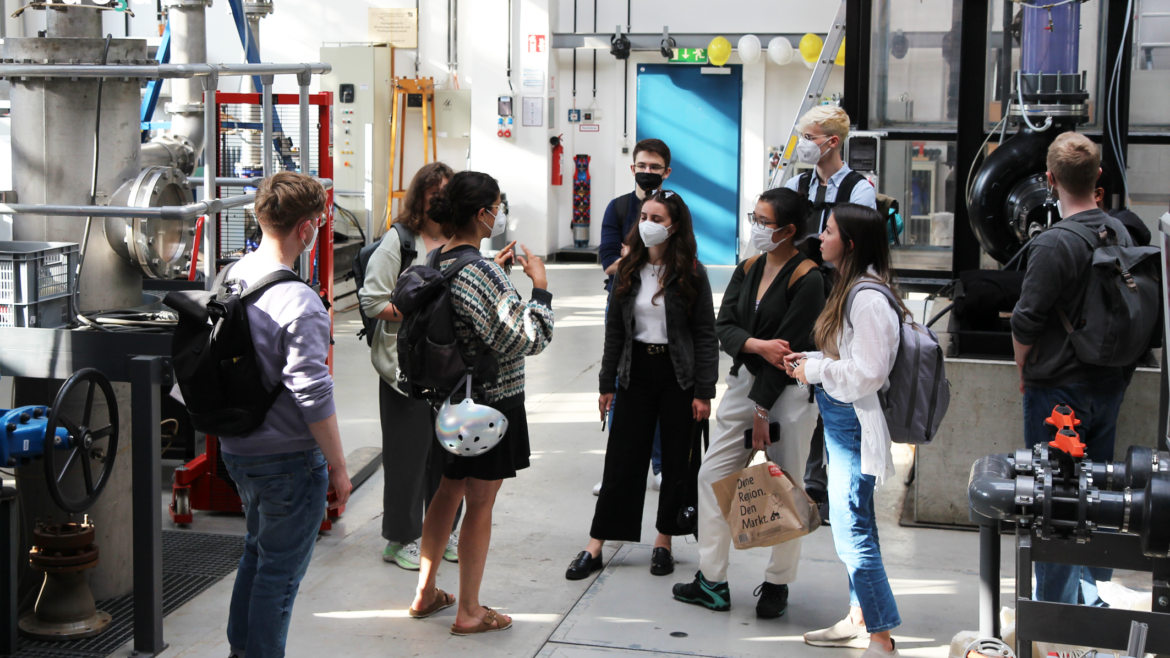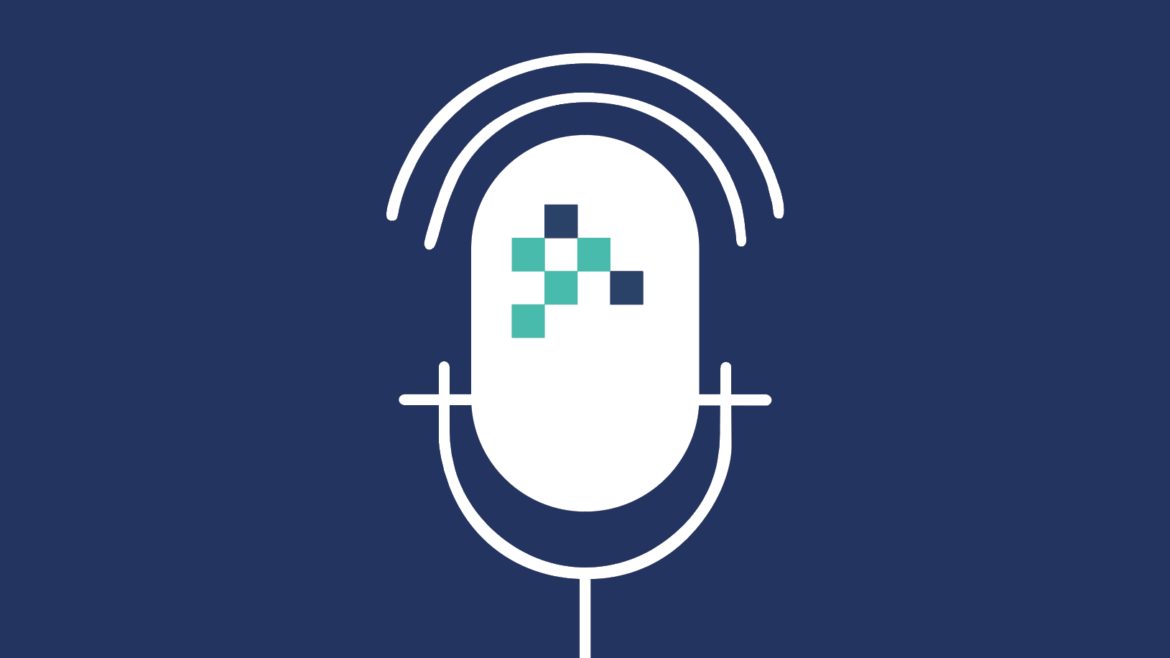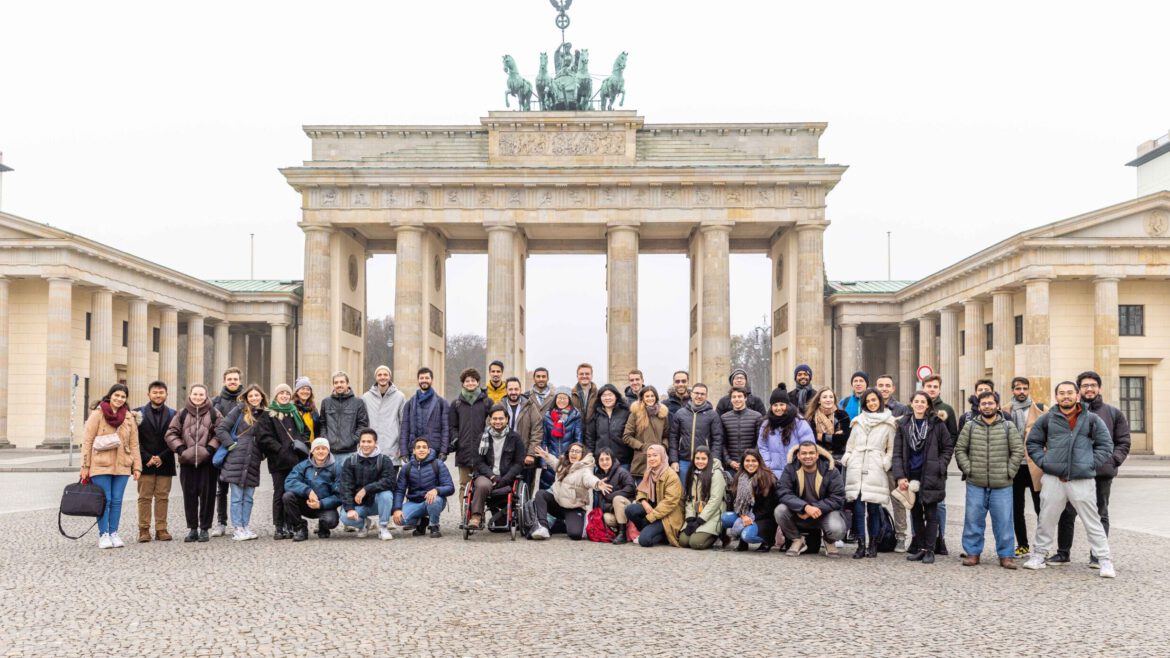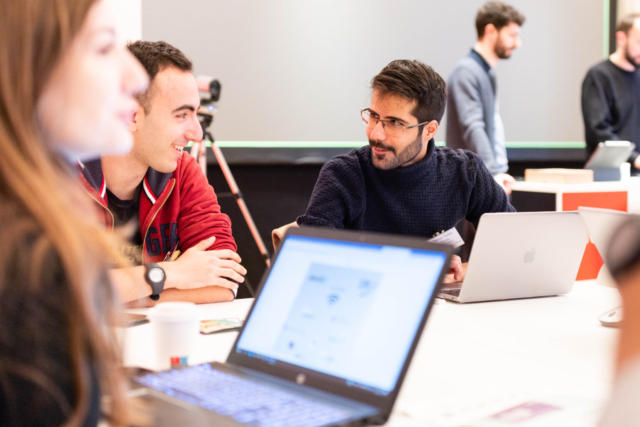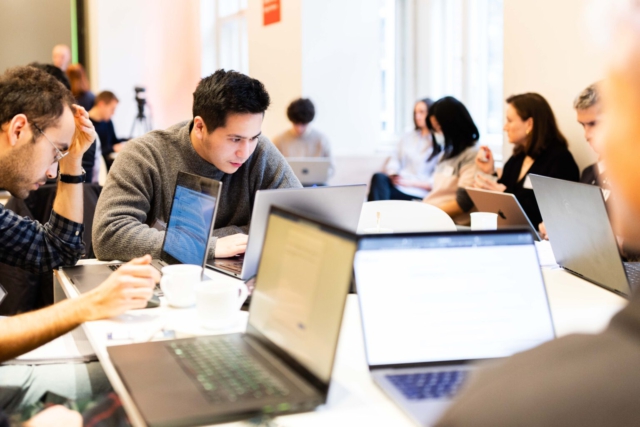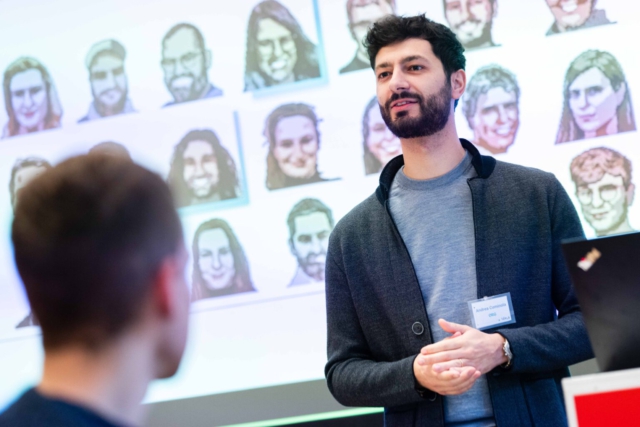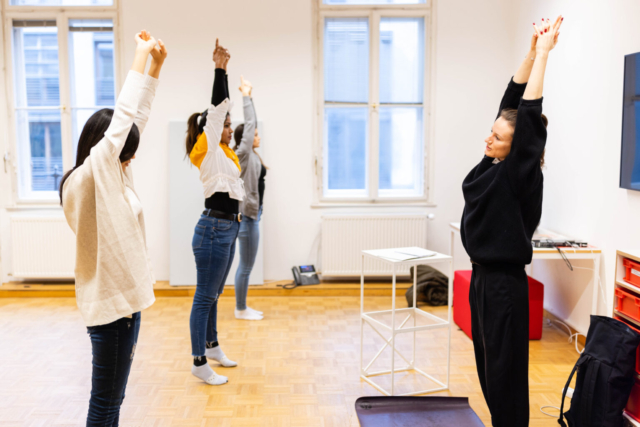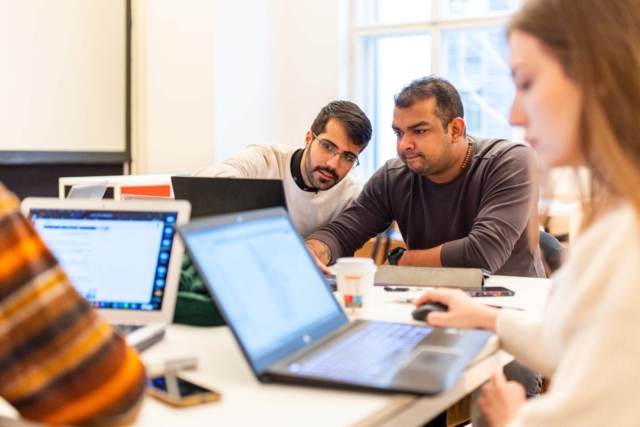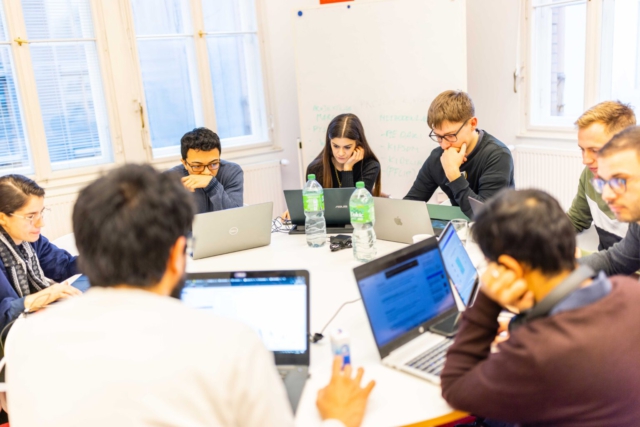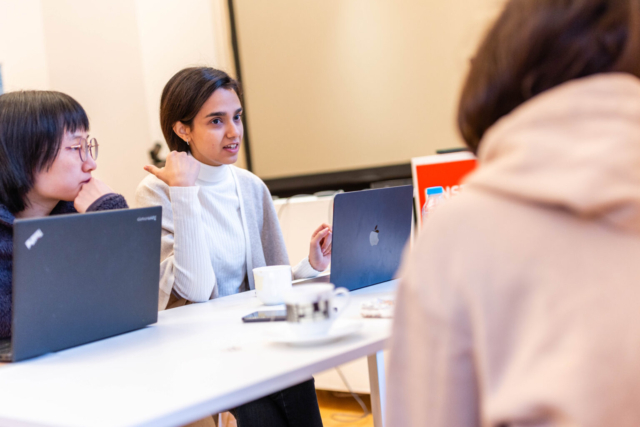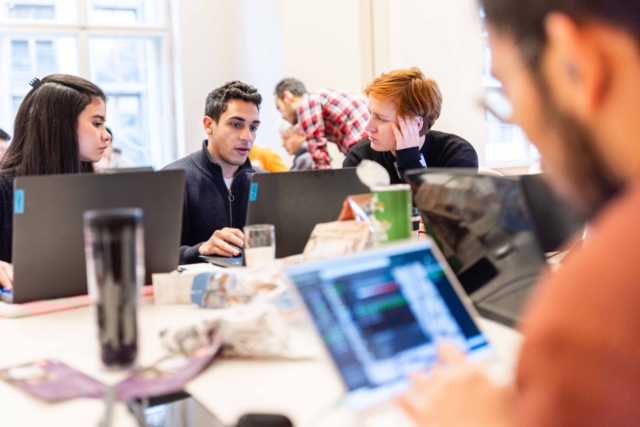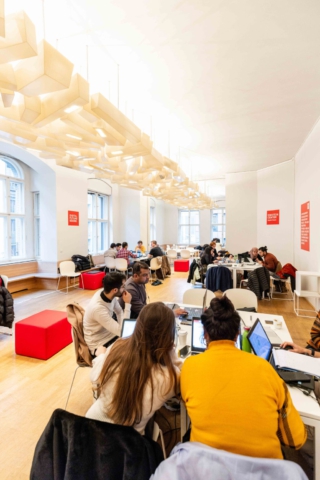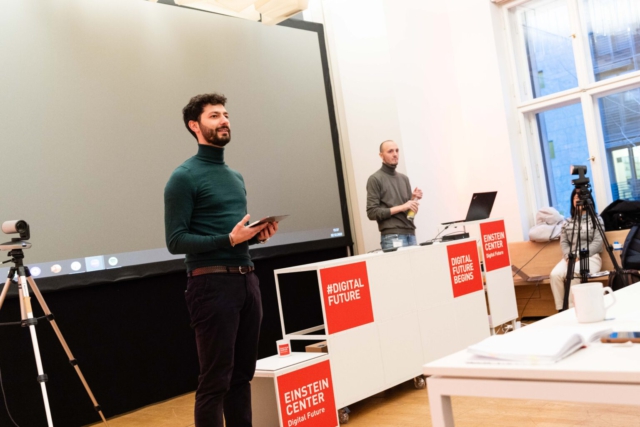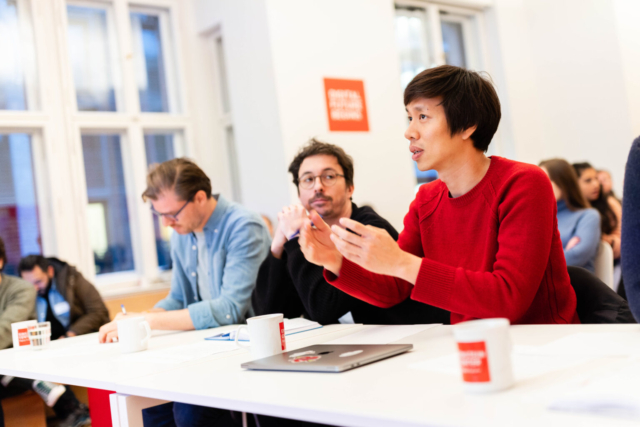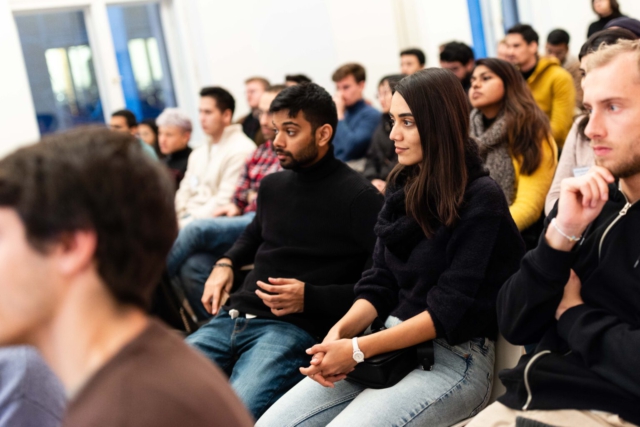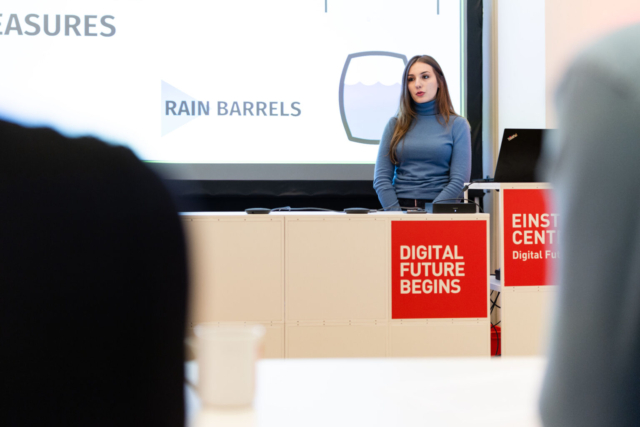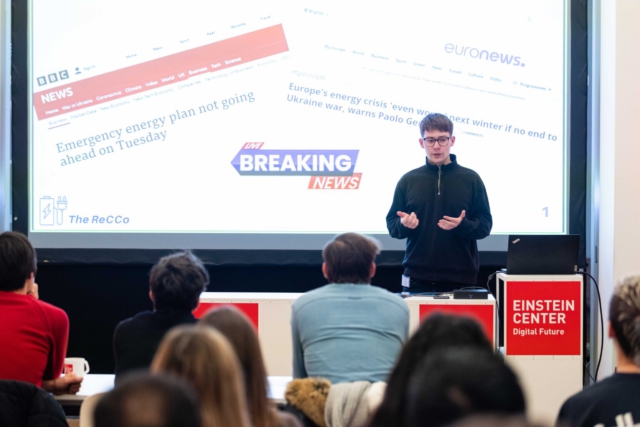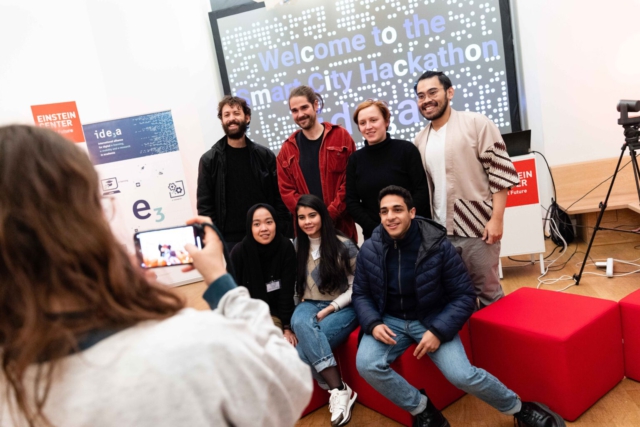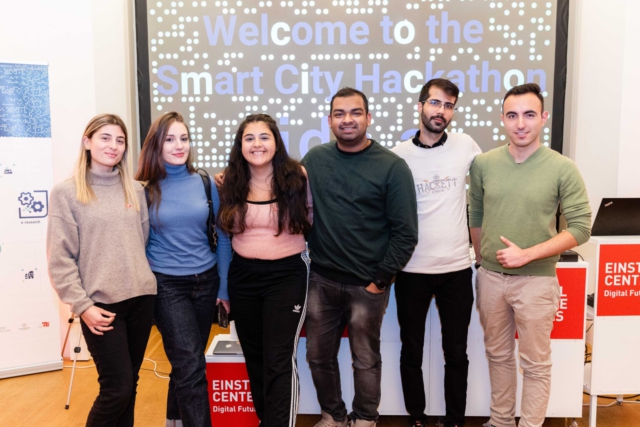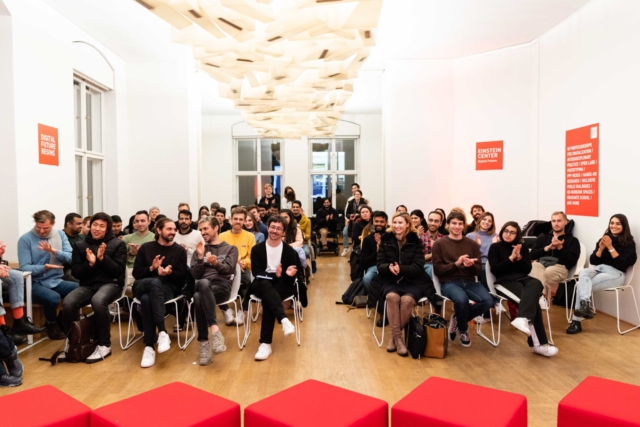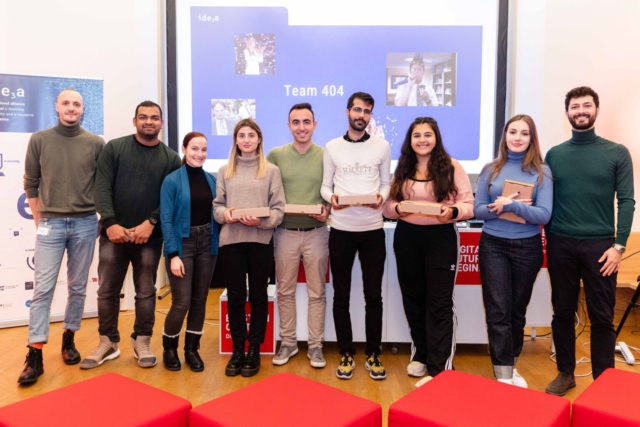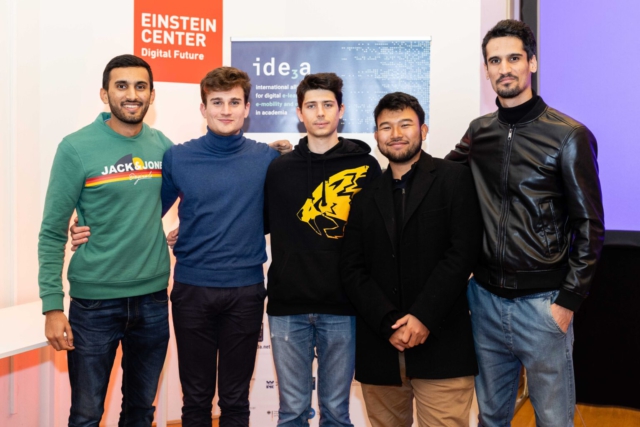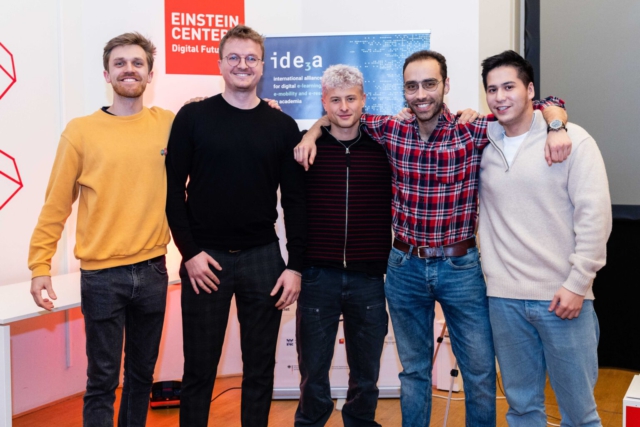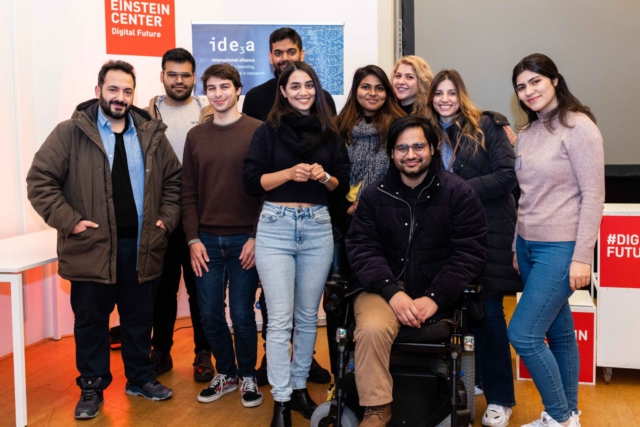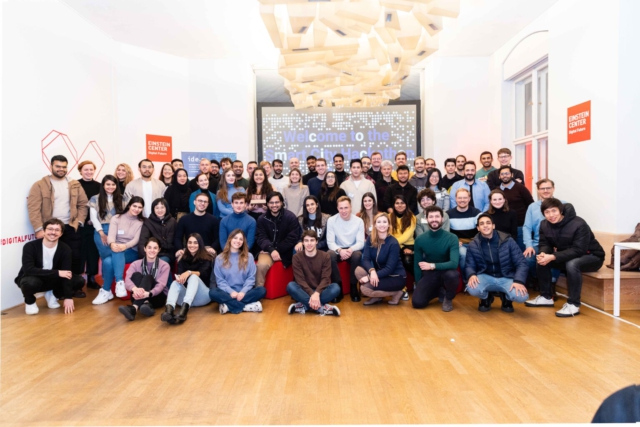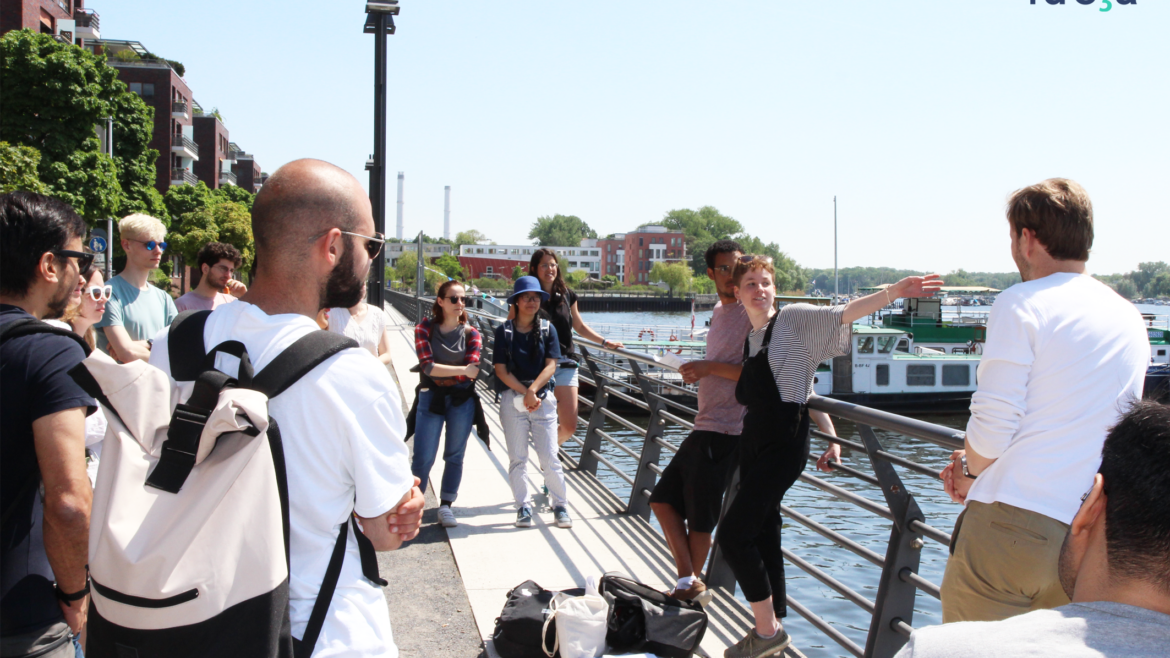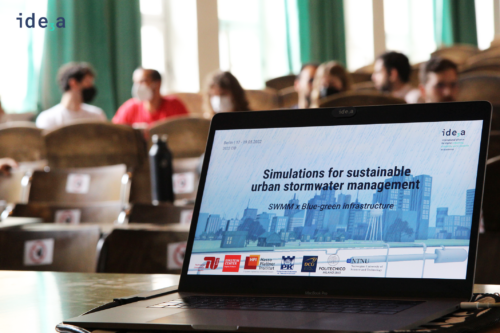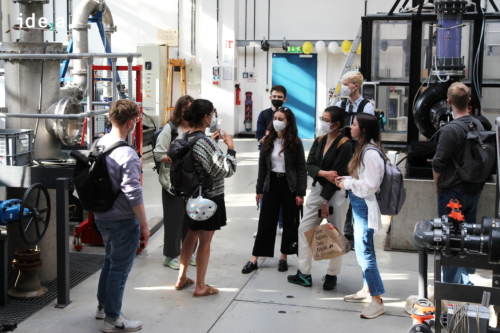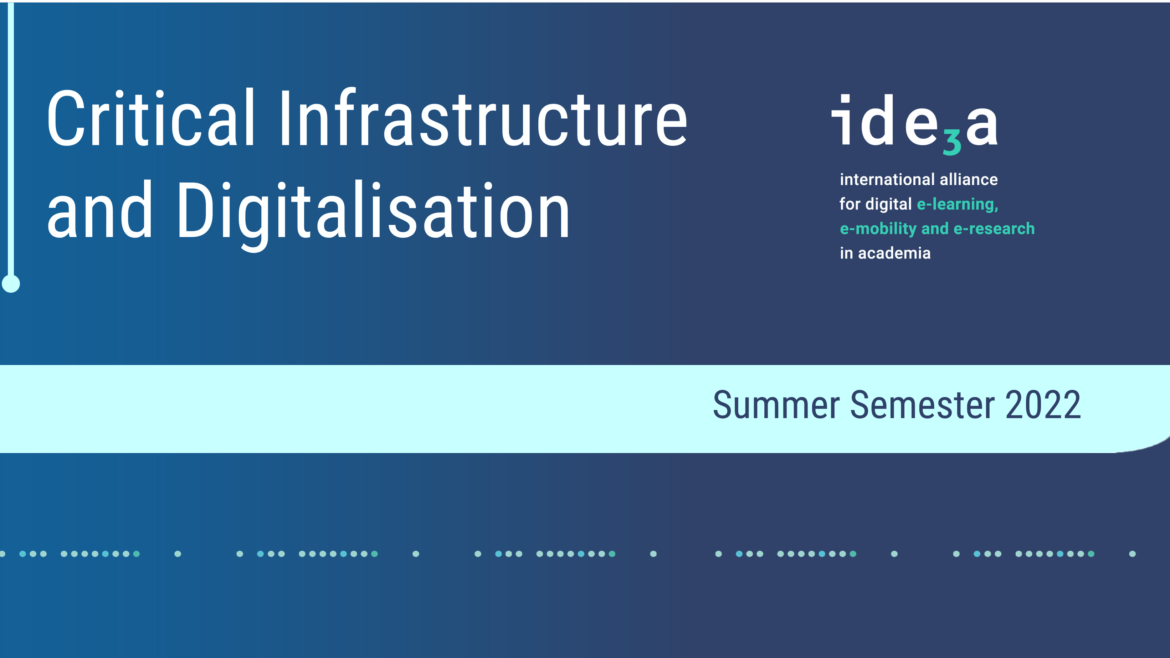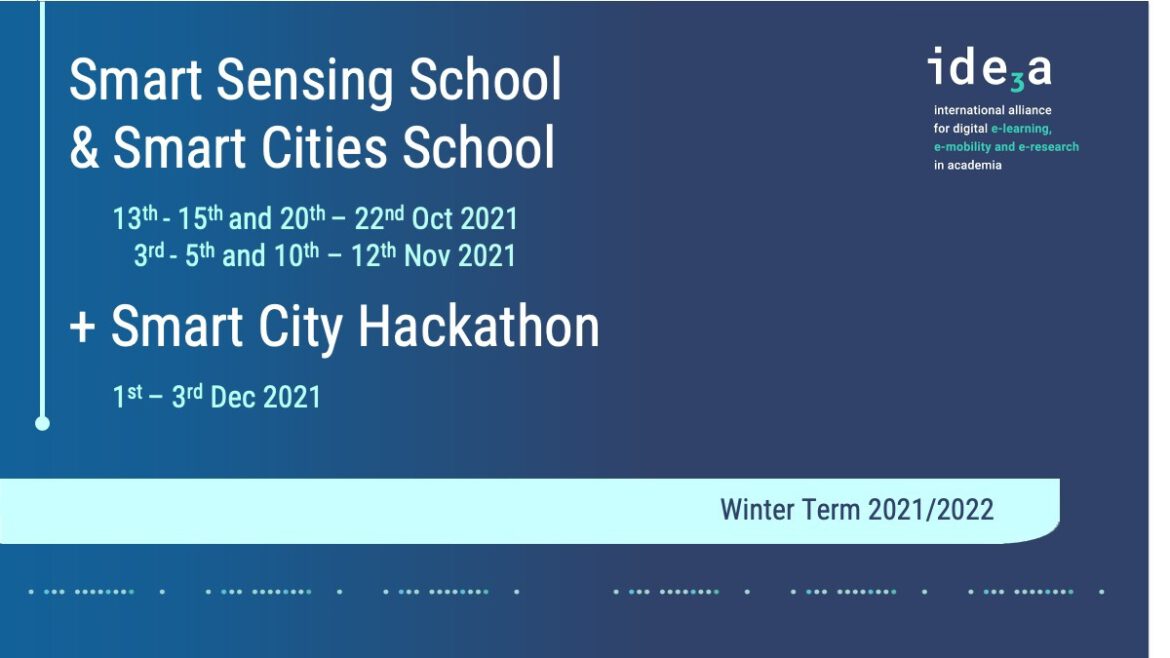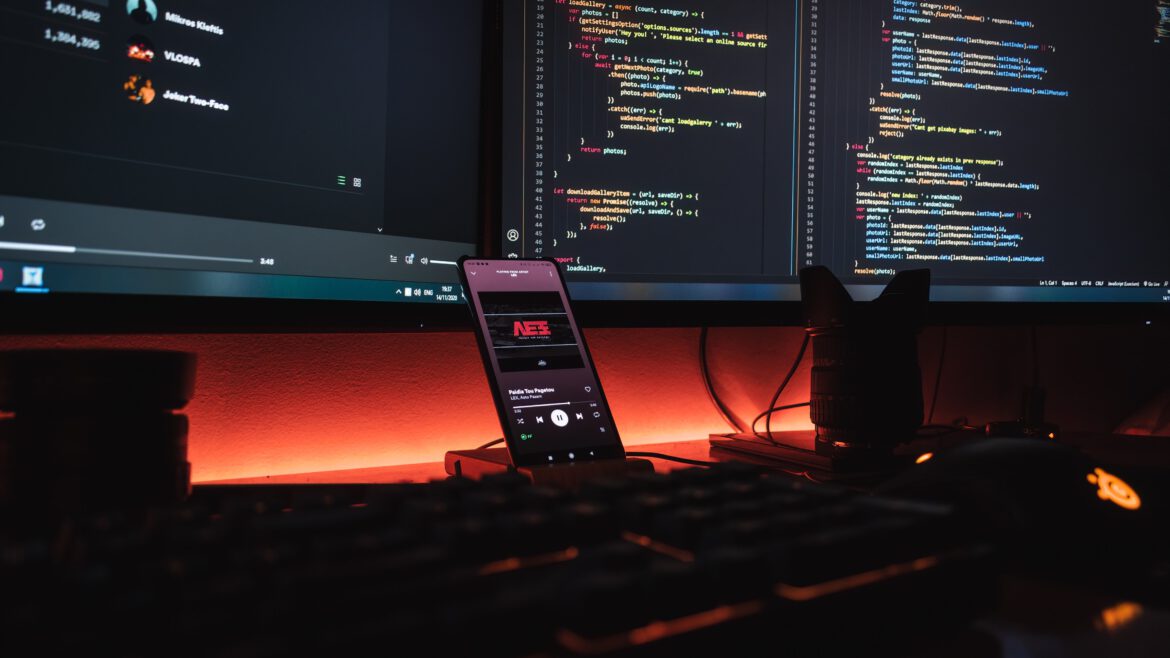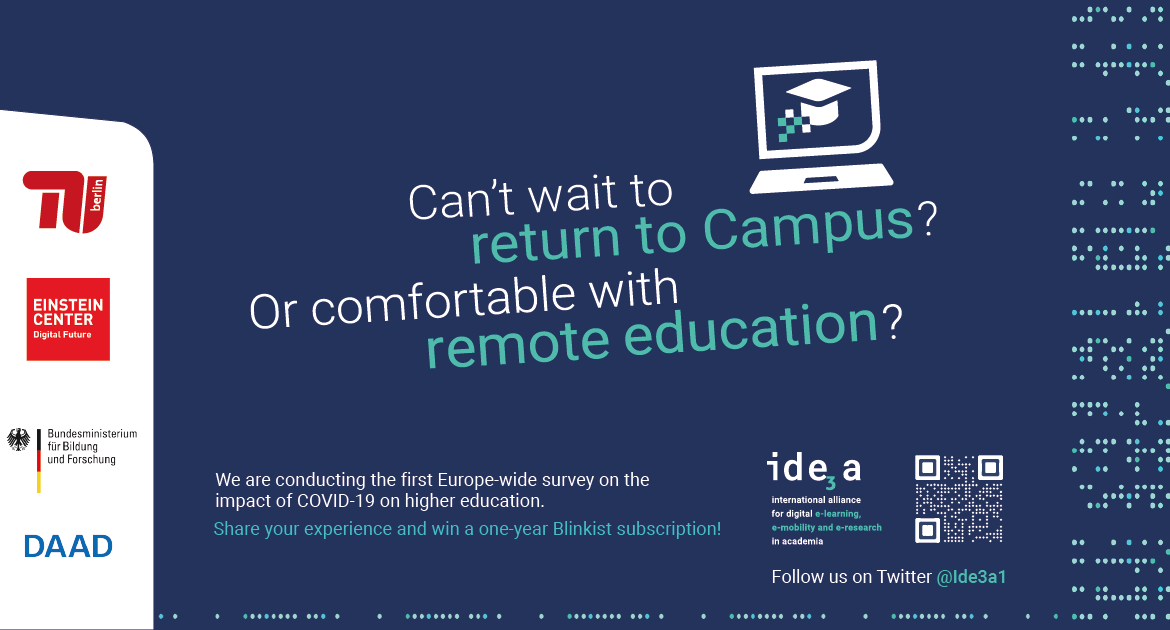**ATTENTION**: The registration period ends on April 2 2023 – follow the link below to register!
For the third time, ide3a is hosting its lecture series “Critical Infrastructure and Digitalisation (CID)” for Master students from all partner universities (TU Berlin, NTNU Trondheim, DCU Dublin, PoliMi Milano, CUT Cracow, HPI Potsdam). Lectures will take place every Tuesday from 3:15 to 4:45 pm during the upcoming summer semester starting on April 18 until July 18, 2023 and will be held in English.
There will be a few changes compared to the last years: The course will have no workshops this time and the exams will be less time-consuming. That is why the students will be awarded 3 ECTS instead of the former 6 ECTS.
The lecture series will be conducted fully online this year.
This lecture series will outline and discuss the latest advances on the digitalisation of critical urban infrastructures. Lectures will be given by various experts from academia, industry, and the policy-making sector, with main focus on water networks, energy grids, sensor and communication networks, mobility, and urban planning.
The overarching goal of the course is to identify and communicate synergies and dependencies between the different sectors and topics, along with discussing them. Each lecture will be of (approximately) 1-hour duration, followed by a discussion among the students and with the lecturer (for live presentations only). As part of the open knowledge material of this course, podcast episodes with interviews of the expert are made available from previous versions of the course. Parts of the lectures will be provided as recorded videos from past editions of the course.
After completing this course, students will be able to draw conclusions and predict forecasts for the future of critical urban infrastructure, as well as present and discuss these ideas. The course will also be an opportunity for students to connect and build relationships with students from other fields and universities.
For international students: You will be awarded a certificate after completion of the Course. Please contact your study track coordinator individually to check if and how the CID course can get the credits recognized.
For TU students: Students from the following study tracks at TU Berlin can accredit the course as Wahl-Pflicht-Modul:
Computational Engineering Science (Informationstechnik im Maschinenwesen) (M. Sc.)
Maschinenbau (M. Sc.)
Patentingenieurwesen (M. Sc.)
Physikalische Ingenieurwissenschaft (M. Sc.)
Planung und Betrieb im Verkehrswesen (M. Sc.)
We are looking forward to conducting this course with interested students from all partner universities. If you are interested in participating please follow the link below and register for the CID course.
